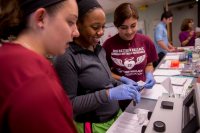Thomas Wenzel, the Charles A. Dana Professor Emeritus of Chemistry and Biochemistry, nationally known as a pioneer in teaching hands-on learning to undergraduates through research, was named to The Analytical Scientist journal’s “Power List” as one of the world’s top 25 science mentors and educators over the last decade.
The Analytical Scientist Power List for 2023 recognizes “excellence and impact” over the past decade in four categories: innovators and trailblazers, leaders and advocates, connectors and interdisciplinarians, and mentors and educators.
The curated list places Wenzel third among the 25 mentors and educators highlighted by the publication, which focuses on the latest developments and advancements in analytical chemistry and related disciplines. Moreover, of the 100 people from around the world named to the journal’s list, Wenzel was the only one from academia from an undergraduate institution.
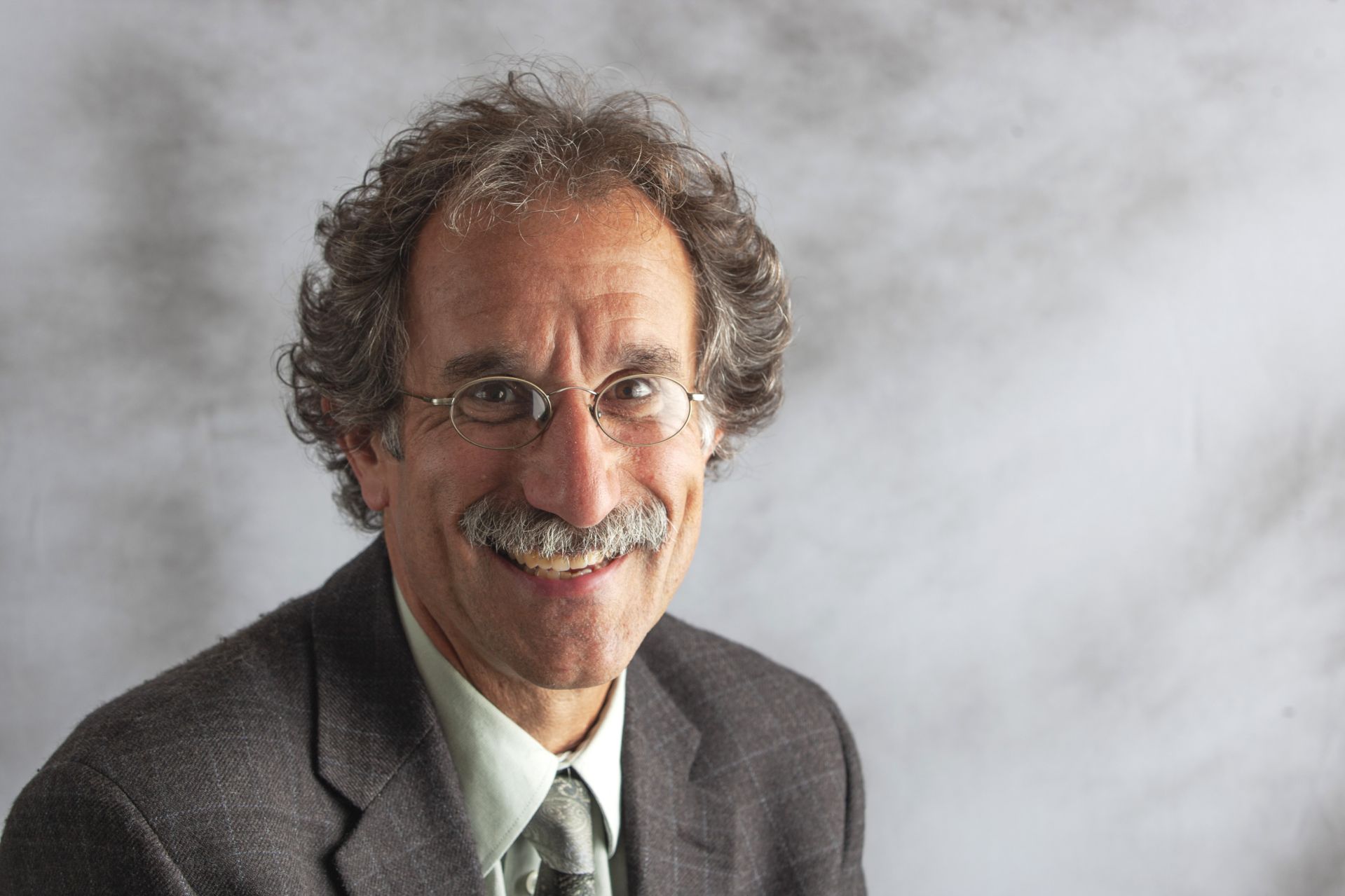
“I’m very proud of the research I was able to accomplish over my career, especially those where I engaged undergraduates in the research.”
Tom Wenzel
“I would have been very happy just to make the list. But when you look back at the history of that list, to get a No. 3 ranking was a nice surprise,” said Wenzel.
A member of the Bates faculty from 1981 to 2020, Wenzel became nationally recognized for teaching undergraduates through active learning in the 1990s. For the remainder of his career, Wenzel remained at the forefront of best practices in chemistry education.
He produced 181 scholarly publications and he was awarded more than $3.75 million in external research and education grants. He published extensively on chirality, a molecular phenomenon that parallels “handedness” in humans, developing techniques to identify molecules that are mirror images of each other but can have different reactive effects.
But Wenzel is most proud of his work pioneering hands-on learning in the classroom, which was modeled after the work he did at Bates with his student researchers in his lab.
Today it’s fairly common for faculty at undergraduate institutions to co-author articles in scholarly journals based on research they conduct with students. That was not the case 40 years ago. Yet Wenzel started doing it in the 1980s and noticed how students helping with research in his lab retained information longer and better than the students who were taught through lectures and recipe-based lab experiences.
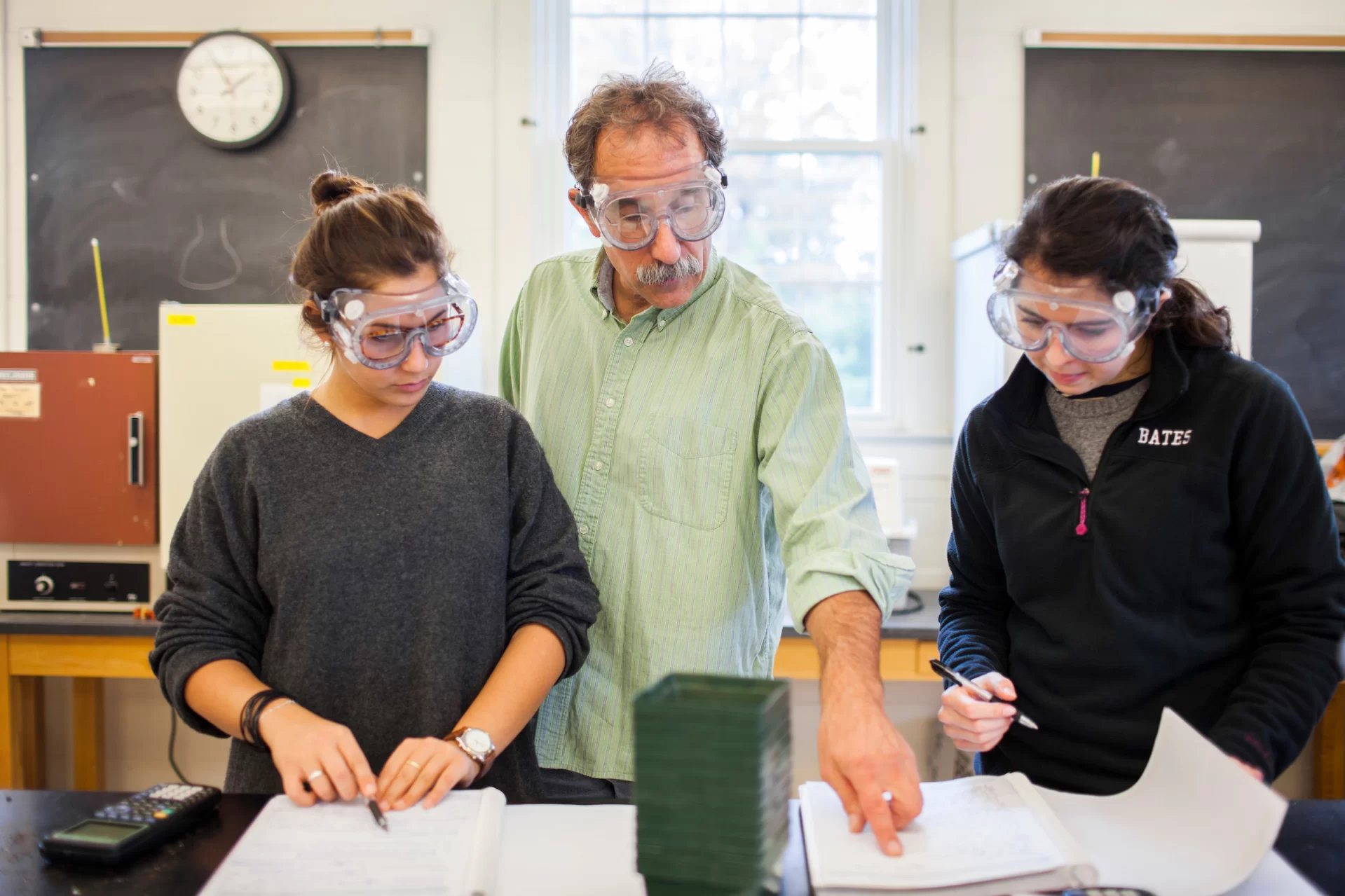
Among Wenzel’s 96 articles focusing on research in his lab, 67 were co-authored by Bates students. “For them it was a fairly profound educational experience. It really pushes what the student needs to think about and do and achieve to a new level,” Wenzel said.
In 1995, Wenzel published “A New Approach to Undergraduate Analytical Chemistry,” a seminal article in the journal Analytical Chemistry on his cutting-edge approach to teaching chemistry. The article went viral — in a snail-mail sense.
“In those days it was mostly pre-email. I got over 200 letters sent to me from around the world asking for a copy of the article, plus more information,” Wenzel said. “Things just took off from there.”
In 1997, Wenzel was invited to speak about his innovative teaching approach at a workshop at the University of Kansas that was funded by the National Science Foundation. His talk focused on “best practices” for teaching chemistry through active learning. It led to Wenzel leading workshops across the country on his active-learning approach.
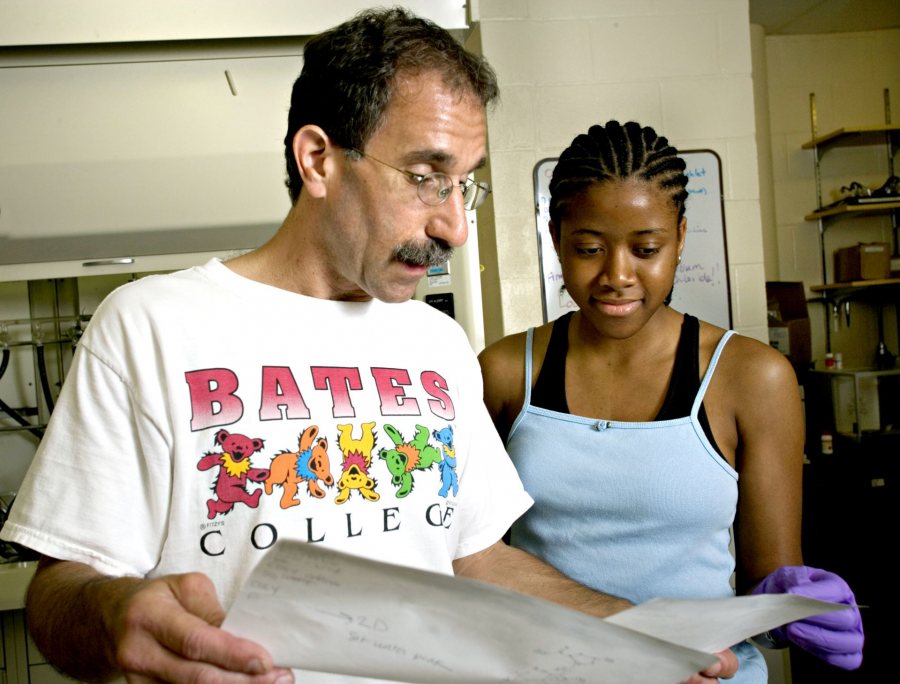
“After the 1997 workshops, I spent the next 25 years on efforts to promote active learning,” Wenzel said.
Wenzel and a group of academics interested in this growing field of science formed an online analytical science digital library that provided free resources to promote active learning in chemistry.
In the early 2000s, he served for eight years as the editor of a series on education in the journal Analytical and Bioanalytical Chemistry. Between 2008 and 2020, Wenzel received more than $1.4 million in National Science Foundation grants for programs affiliated with the analytical science digital library.
During those years, awards and recognition flowed Wenzel’s way.
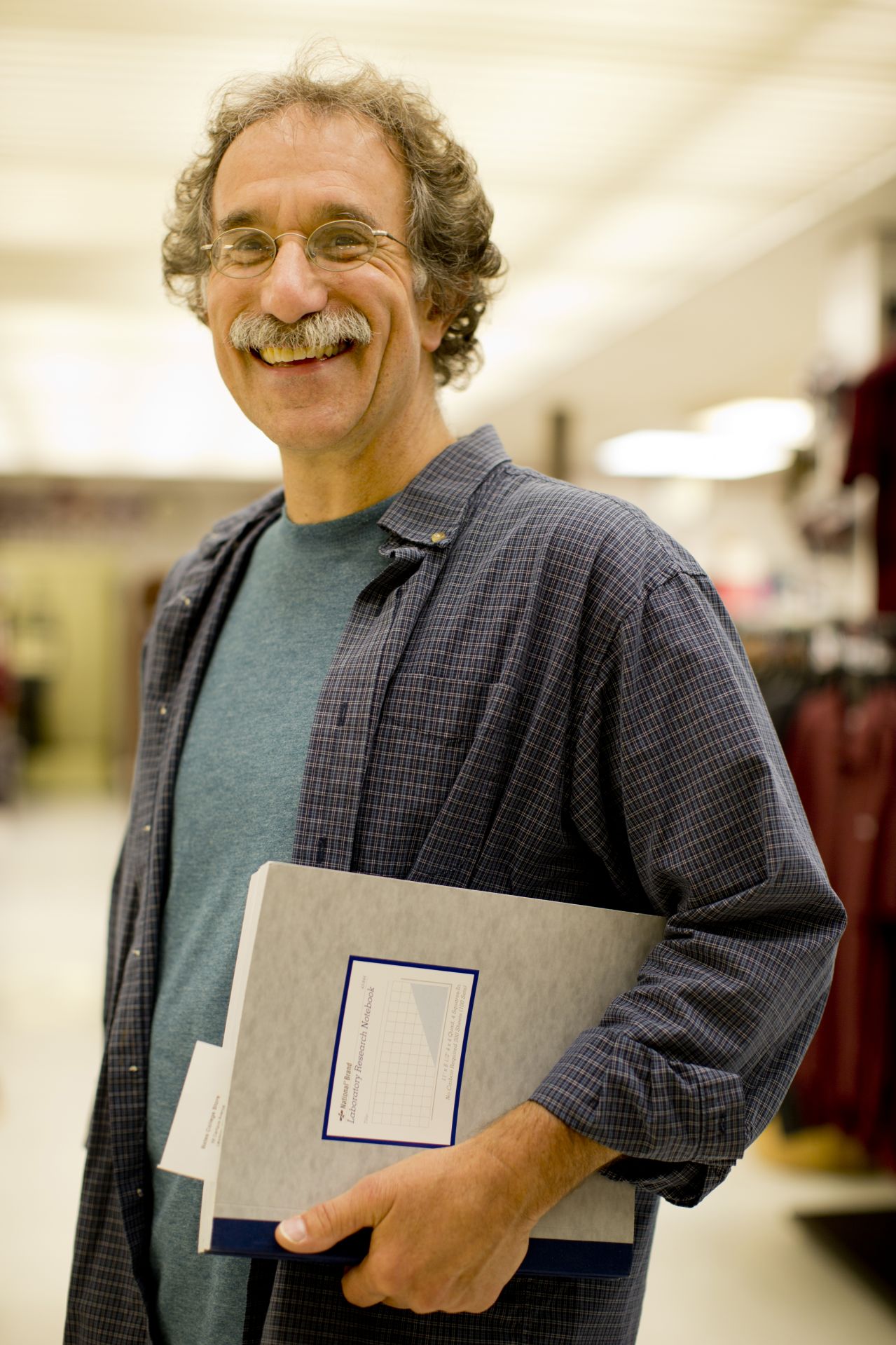
In 2002, he became the first chemist to receive the Council on Undergraduate Research Fellows Award. He received the 2010 American Chemical Society National Award for Research at an Undergraduate Institution, the designation as a fellow of the American Chemical Society in 2016, and the 2020 George C. Pimentel Award, which is the American Chemical Society’s national award that acknowledges outstanding work in chemical education.
Before Wenzel retired in 2020, James Weissman ’84 and his wife gave $100,000 to establish the Thomas J. Wenzel Endowed Fund for Undergraduate Chemistry Research to guarantee students could continue to learn chemistry by conducting research at Bates.
“I’m very proud of the research I was able to accomplish over my career, especially those where I engaged undergraduates in the research,” Wenzel said.
